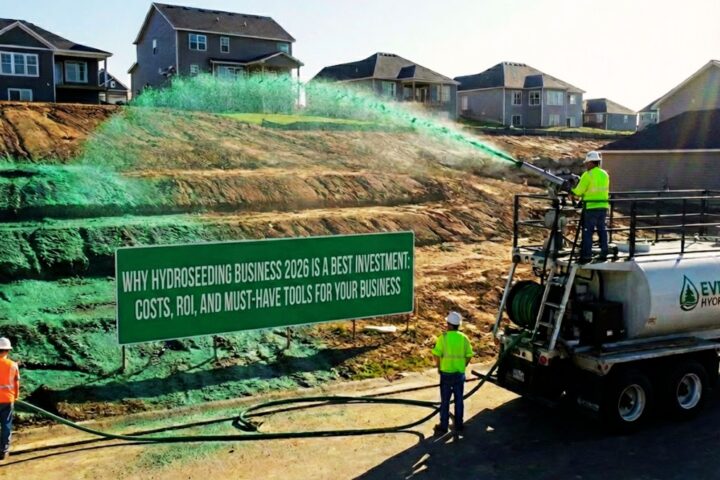A good rental property can be one of the most profitable investments you ever make. In fact, it’s hardly unusual for rental properties to produce consistently healthy returns and remain in families for generations. However, this isn’t to say that every rental property you stumble upon represents a sound investment. Furthermore, purchasing a rental property that fails to generate the desired returns can saddle you with a tremendous amount of financial burden. So, if you’re thinking about investing in a rental property, make sure to consider the following criteria.

Research the Location of the Property
If you’re looking to get a solid idea of how much money you can make with a rental property, it’s in your best interest to research the location of said property. As you’re likely to find, properties that offer ample amenities and abundant space aren’t always guaranteed to rake in a profit – particularly if they’re located in areas that have little to no demand for housing. On the flipside, properties that are comparatively small and offer amenities stand to produce healthy returns if they’re found in areas with booming populations and heavy demand. As such, investors who are currently asking themselves, “Is it a good time to invest in real estate?” should assume that the answer is yes – provided, of course, they’re looking in the right areas.
No matter how in love you are with a certain property, take some time to engage in location research before committing to buy. This research should entail a deep dive into the size of the area’s population, projections for population growth, local economy, property values and rent prices. Gathering up this valuable info will help ensure that you’re able to make an educated investment decision that you’re unlikely to regret. Additionally, before seeking out your first rental property in earnest, take care to get educated on the best suburbs to invest in.
Learn How Much Work the Property Will Require
Many of the rental properties you’ll look at are likely to require repairs and/or renovations. However, this isn’t to say that one rental is as good as another on this front. As any seasoned investor will tell you, there are stark differences between properties that need large-scale renovations and those that simply require minor repairs. To help ensure that you know exactly what you’ll be purchasing, make a point of having any rental property you’re giving serious thought to purchasing professionally inspected.
A knowledgeable inspector will be able to identify an extensive array of issues with a rental property, both obvious and otherwise. So, even if you’ve already given a property a good once-over, it is imperative that you enlist the services of a professional inspector. Additionally, should the seller push back against this, state in no uncertain terms that any potential sale is contingent upon an inspection taking place.
The results of the inspection will provide you with an accurate accounting of any outstanding issues with the property. Once you’re aware of how much work the property requires, seek out estimates from assorted contractors, as this will give you a good idea how much time, money and manpower fixing these issues will entail.
Study Up on the Tenets of a Good Landlord
It’s important to remember that having enough capital to purchase a rental property doesn’t automatically mean you’re up to the task of being a landlord. So, before stepping into this role, take some time to study up on tenant screening, property maintenance and maintaining friendly relationships with renters. Diving into this job unprepared is likely to result in massive frustration for you, your tenants and any maintenance personnel you bring on. Alternatively, if you’re not interested in making property management your full-time occupation, seek out an experienced property manager to act as a dependable proxy in your place.

Although many rental properties represent smart investments, success with such investments is far from a given. While there’s no such thing as a risk-free rental property investment, it can’t be denied that some rentals are safer investments than others. Additionally, there are numerous steps you can take to help ensure that you don’t wind up with a lemon of a property. So, when seeking out your first rental, take the previously discussed criteria into careful consideration.









